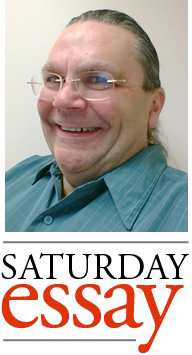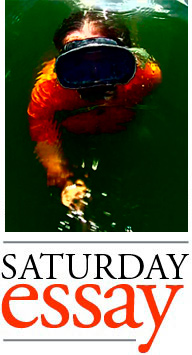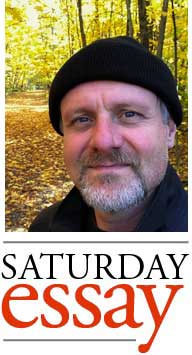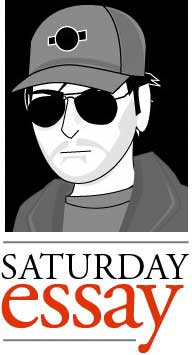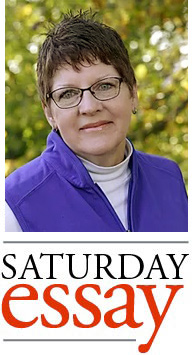Melted
 The light changes. A cover has opened, slit of sun beaming into the darkness, a ha-ha neiner-neiner taunt transmitted from the world of wind and spit. In the quick second between dandelion shaft blinking back to onyx, a gentle violence occurs, crinkling followed by thump.
The light changes. A cover has opened, slit of sun beaming into the darkness, a ha-ha neiner-neiner taunt transmitted from the world of wind and spit. In the quick second between dandelion shaft blinking back to onyx, a gentle violence occurs, crinkling followed by thump.
A book has been returned.
***
With that thump, the movable floor inside the Returns bin lowers almost imperceptibly; a single book isn’t that heavy, after all. But then the flap clinks, signaling another, another, another, dark to light, light to dark, typeset words in freefall. Absorbing the weight of pages and ideas, springs stretch, and the catching floor gradually sinks.
It’s designed to protect the books, this bin is. When it’s empty, the floor rests near the top, quick purchase for incoming books slithering through the slot. As Returns accumulate, the floor gradually descends, earlier Returns nesting and bolstering newcomers so no volume sustains damage from a traumatic plummet.







